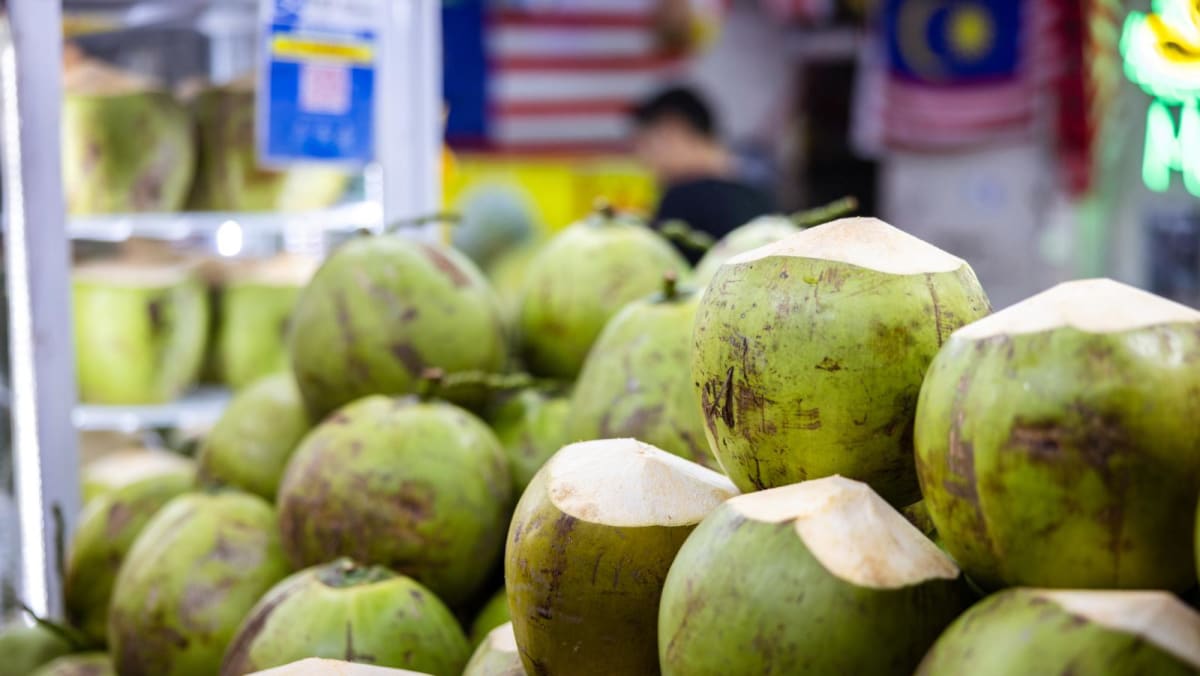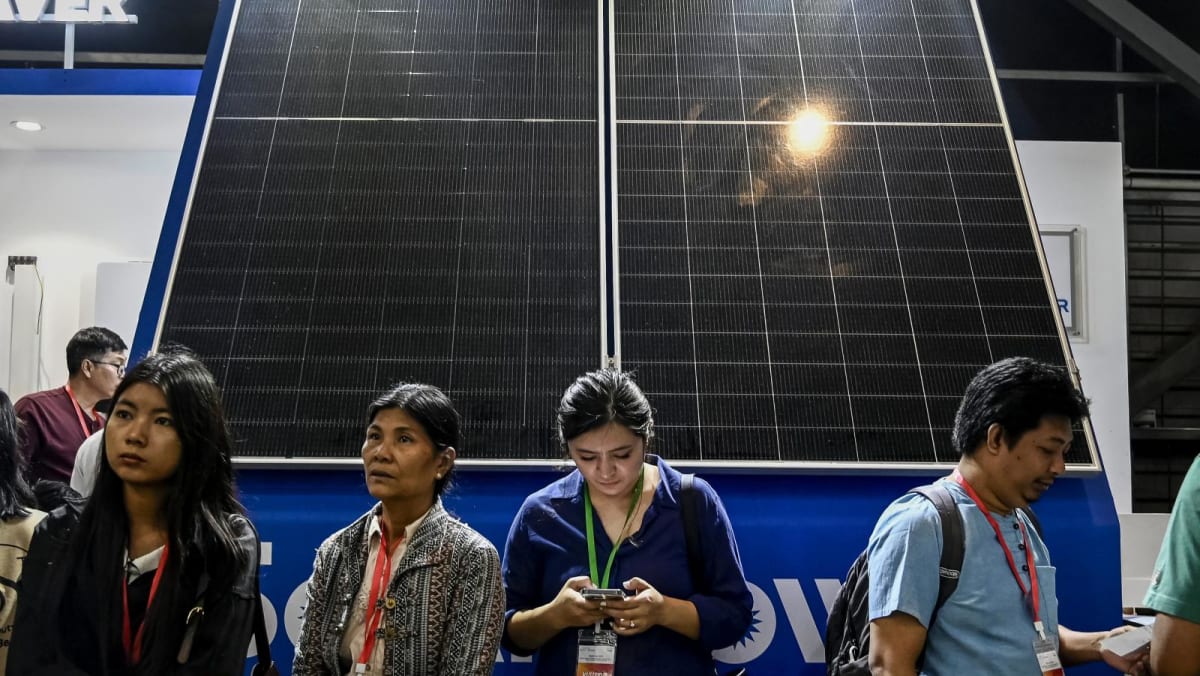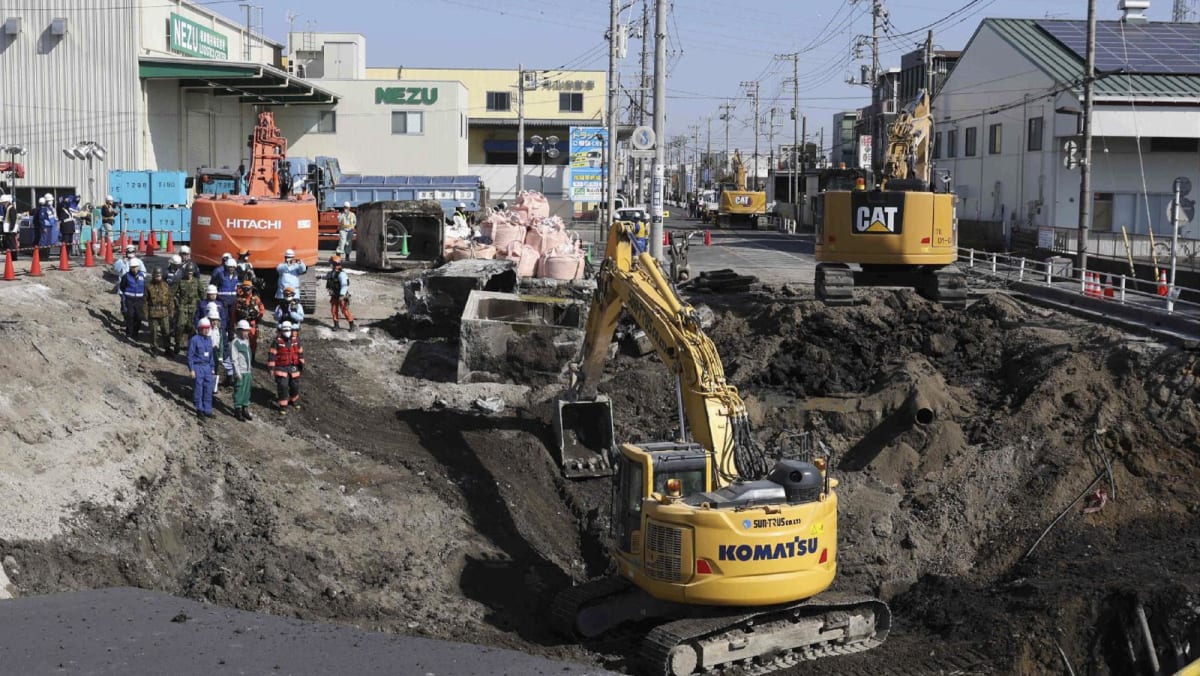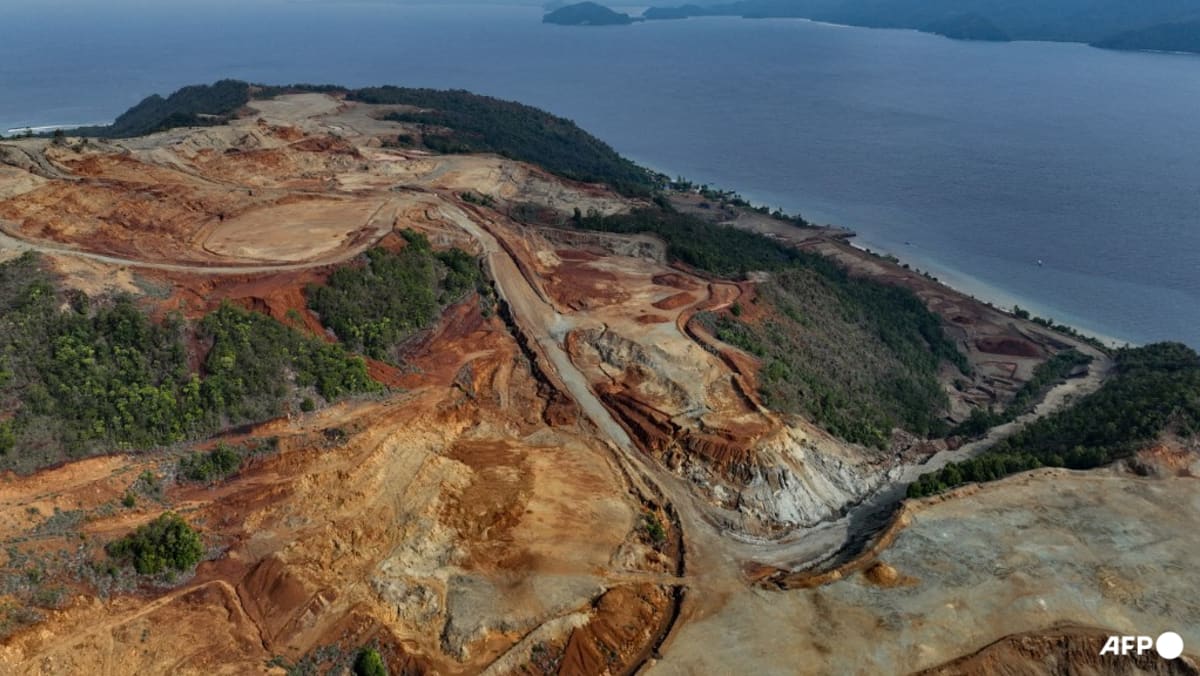EXTREME WEATHER CAUSING LOWER YIELDS?
According to Subbarow, producers in Perak began reporting lower yields in May last year as their trees bore fewer fruit. Extreme weather is believed to be the cause, he said.
One of northern peninsula Malaysia’s biggest coconut suppliers, Anba Coconut Trading, said yields at its leased plantations have dropped by 80 to 90 per cent.
From 10,000 to 15,000 coconuts every two days previously, the company now gets 2,000 to 2,500 coconuts, Anba’s owner P Sarasvathy told news agency Bernama. There are about 420,000 trees at her plantations.
“The trees appear healthy, yet the yield has significantly decreased. I’m at a loss as it has never occurred before,” Sarasvathy told Bernama.
Malaysia’s Ministry of Agriculture and Food Security said last month it would step up imports to 500 tonnes per month from February by buying more mature coconuts from Indonesia.
Imports from Indonesia had already increased to 320 tonnes in December 2024, up from 180 tonnes previously, the Malay Mail reported.
But the increased demand for coconuts has caused a shortage in Indonesia’s own coconut processing industry.
In December, the Indonesian Coconut Processing Industry Association called on the government to implement policies such as export restrictions, quotas or subsidies for the industry, news site the Jakarta Globe reported.
The association said Indonesia’s coconut processors were operating at 30 per cent capacity due to the high cost of raw materials, and that prices of coconuts at local markets had increased to about 15,000 rupiah (US$0.92) each, up from about 6,000 rupiah previously.














